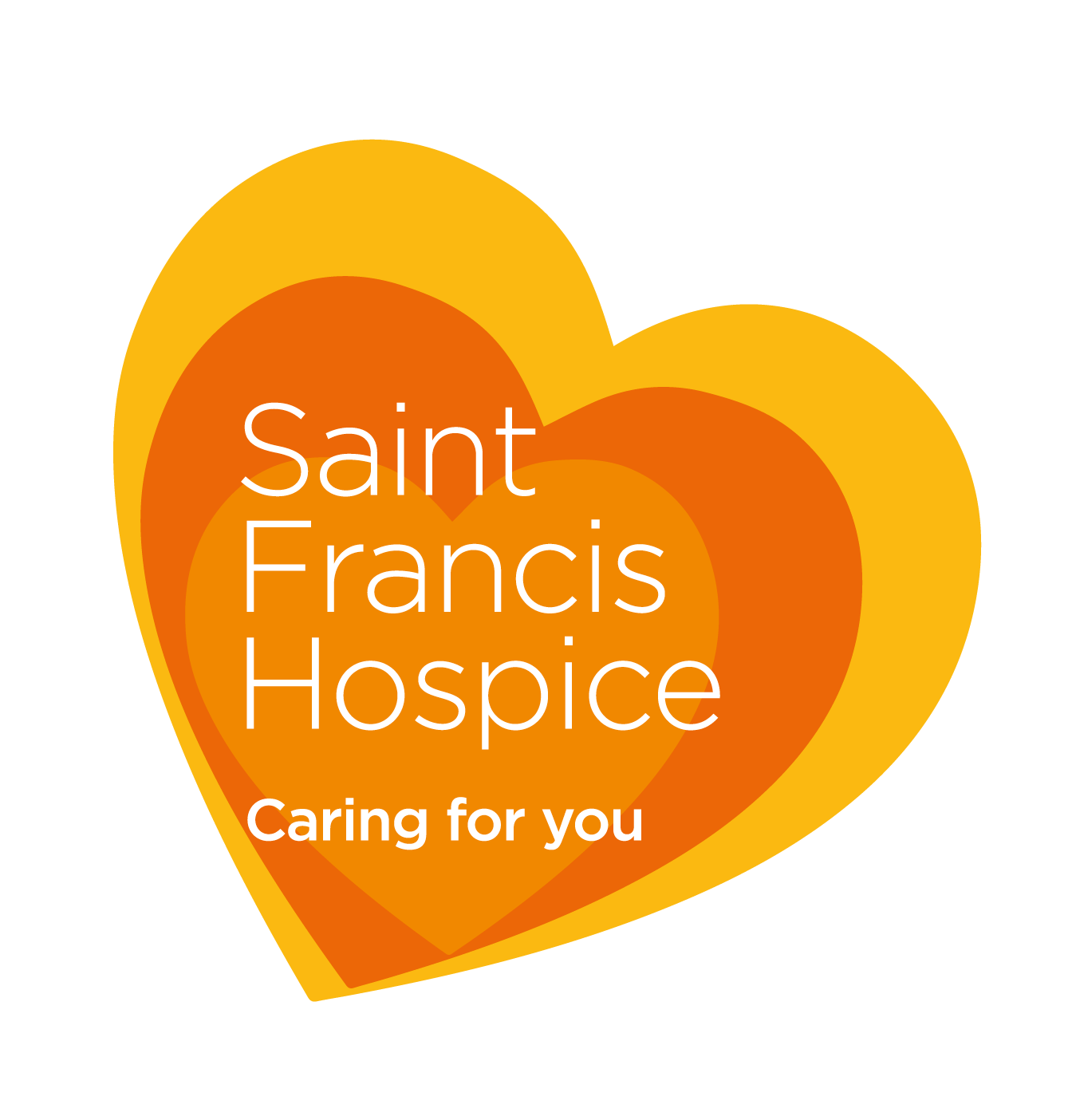Dave's ladies

For some time, the Havering Community Health Council had been holding forums for health care needs in the local community. Little did anyone know that one meeting on an ordinary Monday would spark imaginations that would touch the lives of thousands of people for the next 35 years and beyond.
In attendance was Eddie Doran from Romford, who raised his hand and asked:
"What about care for the dying? Are we really giving people in our hospitals the care they need at the end of their lives? Isn't it time we had a hospice?"
Eddie's questions struck a chord. Discontent had been building in communities across the country. The distress of losing a loved one to a life-limiting illness was being amplified by suffering, indignity, isolation, and a lack of support. Dreams of a hospice in Havering began.
In May 1978, an imposing Victorian mansion that had stood unoccupied for some time caught the eye of one of our volunteer fundraisers, Sophie Ransome. Thanks to loans from trustees, a bid £108,000 was placed and verbally accepted by the Heap family.
The euphoria surrounding our beautiful new home was growing before a devastating turn of events. It was a challenge that, at first sight, couldn't be overcome. A consortium wanting to turn the mansion into a country club put in a bid of £200,000.
"We couldn't have raised our offer any higher," recalled one of our founders, Joan Matthews. "There was no earthly reason why Mrs Heap should have accepted our substantially lower offer. Amazingly, bless her, she did."
As spring warmed into the summer of 1978, we had officially acquired The Hall in Havering-atte-Bower. Yet there were more setbacks on the horizon. The empty mansion's security consisted of some locked gates and the Heap's farm manager on evening patrol with his fierce dog in tow. Insurance inspectors were not impressed. In July 1978, Joan received a letter to say that the insurance cover would be withdrawn unless security improved.
Both Joan and co-founder Dr Dorothy Rule were firm believers in the power of the Christian faith. They were regulars at Reverend Richard Grinstead's prayer groups at the church across the village green.
"The vicar asked if we had any requests for prayers," Joan recalled. "We told him about the Hall being unoccupied and the dilemma we were facing."
Enter Dave Wilson.
Just a few days later at the Community Health Council offices, this tiny man with a face like a cherub poked his head around the door and said to Joan and Dorothy:
"I've just been to a prayer meeting at St. John's and I understand you need some help. I'm retired and could set up an office for you."
Dave's daily manning of a fundraising office was enough to satisfy the insurance company. One of the few sources of heat in the office was an open fire, curiously situated under a window with hidden chimneys to each side. For another four years, this fire and blankets over knees in the winter provided warmth for Dave and his volunteers, known as 'Dave's ladies.' By the time central heating was up and running in March 1984, three sweaters and an overcoat had become standard office attire.
"Dave was a wonderful man who became a great friend to our Hospice," beamed Joan.
Tony Hooker used to play in those large empty rooms and the surrounding acres of land as a kid with his cousins. His grandad, Dave, was instrumental in turning the hospice dream into a reality. Tony remembers the Mediterranean cork tree in our garden, thought to be planted in the 15th century. The tree is still standing.
"It was a great place to play," he said. "Grandad was a lovely man. I'm sure he is looking down, very pleased with what the Hospice has become."
We need more volunteers to follow in Dave's legacy. You can put your skills to good use whatever they may be.
If you'd like to find out more about how you can help, please visit www.sfh.org.uk/volunteering, email us at volunteering@sfh.org.uk, or call 01708 758614.
















